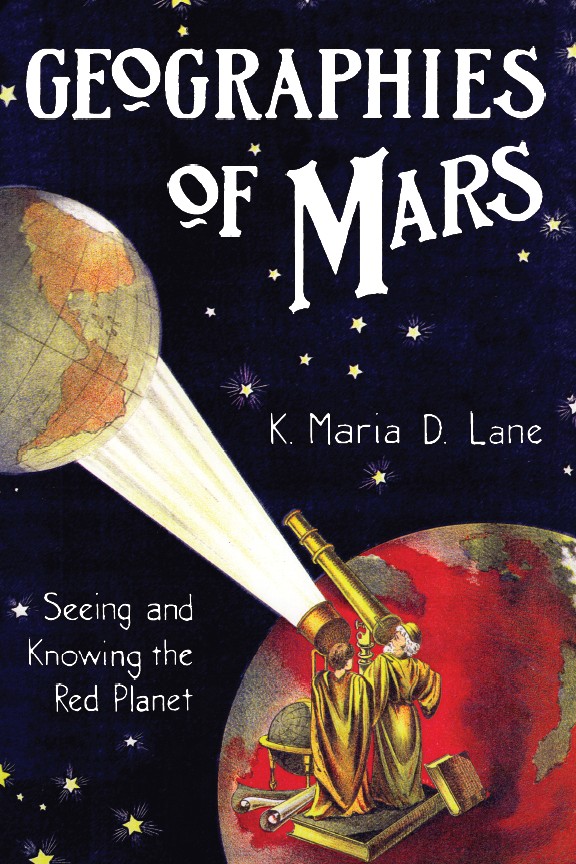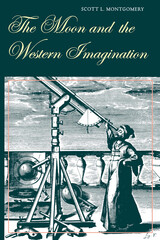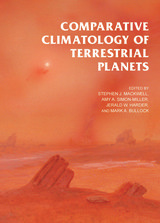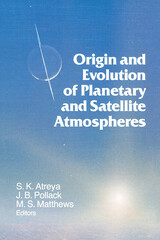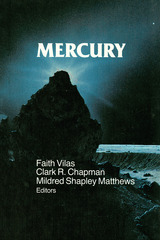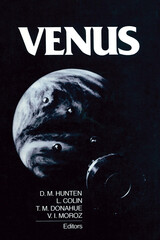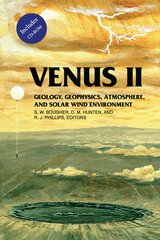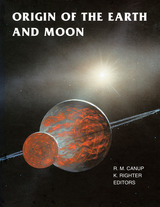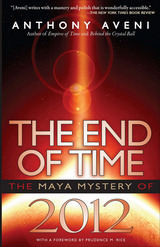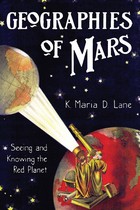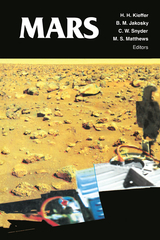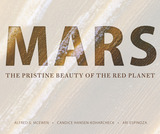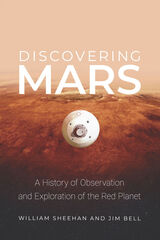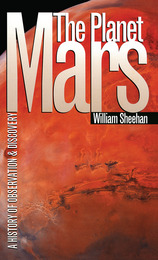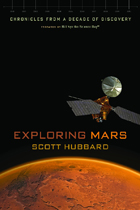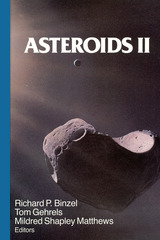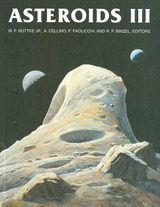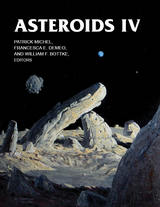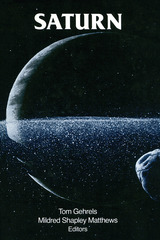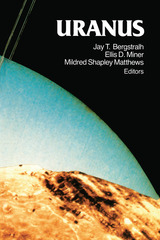“Geographies of Mars is an imaginatively conceived, expertly researched, and bountifully illustrated study of popular and scientific understandings of Mars within the context of the Age of Exploration in the nineteenth century and turn of the twentieth. Like Symmes with his theory of the Hollow Earth, many held out the hope that Mars provided a hospitable environment for both social and physical engineering. Maria Lane takes readers on a dazzlingly comprehensive tour of cultures of Mars science, whose ideas were shaped by cartographic practices of the day, American and European geopolitics, and competition for scientific credibility. The new historical geography could not be in better hands; this is that rare academic book you’ll be inspired to read cover to cover.”
— Karen M. Morin, Bucknell University
“Maria Lane’s arresting volume Geographies of Mars dramatically extends the reach of geography’s domain, both empirically—by sweeping the red planet into the orbit of geographical analysis—and conceptually—by disclosing the profound connections betweenthe ways terrestrial and Martian landscapes have been understood. In showing the imperial reach of early twentieth-century geographical sensibility beyond the earth itself and into the heavens, Lane has at once enlarged geography’s horizons and exposed just how intimate relations really are between the ‘near’ and the ‘far.’ In all, a wonderfully innovative piece of intellectual cartography.”
— David N. Livingstone, Queen’s University Belfast
“Geographies of Mars is a terrific book of science fact, not science fiction. In engaging and lucid prose, Maria Lane reveals how the geography of the red planet was mapped, represented, and argued over. This is a story of mountain observatories, of fieldwork conducted at a distance, and of how Mars’s geographers sought social and scientific legitimacy. It is an insightful study in, and an important contribution to, the relationships between the science of geography and the geography of science.”
— Charles W. J. Withers, University of Edinburgh
“Lane’s skillful exploration of how astronomy and geography intersected in the debates over the existence of life on Mars at the end of the nineteenth century, and beyond, makes for compelling reading. Readers will enjoy her persuasive discussions of the role of changing cartographical conventions, the construction of high-altitude sites, and the adoption of the heroic explorer narrative in providing legitimacy for pluralism. Also of note are her fresh interpretations of controversies over Martian landscapes and life forms in the context of environmental and imperial concerns. This book will appeal to historians of science, historians of geography, Victorianists, and historians of nineteenth-century American history.”
— Bernard Lightman, York University
“An exceptionally well-written and cleverly crafted exposition of what both speculative and mainstream science had to say about the nature of Mars and the beings that might inhabit it. . . . . The book is a must-read for any historian or scientist who cares about what, how and why, and to what extent, cultural forces shape both scientific knowledge and public reaction to it.”
— David DeVorkin, American Scientist
“Illuminating. . . . [Geographies of Mars] paint[s] a vivid picture of Mars observation and the ways it has influenced and been influenced by contemporary culture.”
— Andrew H. Knoll, Times Literary Supplement
“Lane has done her homework, immersing herself in the primary and secondary literature; and yes, she has definitely made a major contribution to the discussion. . . . I urge historians of astronomy and of Victorian science to read Geographies of Mars and to consider its conclusions carefully.”
— Marc Rothenberg, Isis
“An exceptionally well-written and cleverly crafted exposition of what both speculative and mainstream science had to say in the late nineteenth and early twentieth centuries about the nature of Mars and the beings that might inhabit it. . . . The book is a must-read for any historian or scientist who cares about what, how, and why, and to what extent, cultural forces shape both scientific knowledge and public reaction to it.”
— David H. DeVorkin, National Air and Space Museum, Smithsonian Institution, American Scientist
“We no longer dream about Martians, but the lesson of Geographies of Mars is still timely: science may be the search for truth, but the way we think and talk about science is a product of our hopes, fears, and dreams.”
— Adam Kirsch, Barnes and Noble Review
